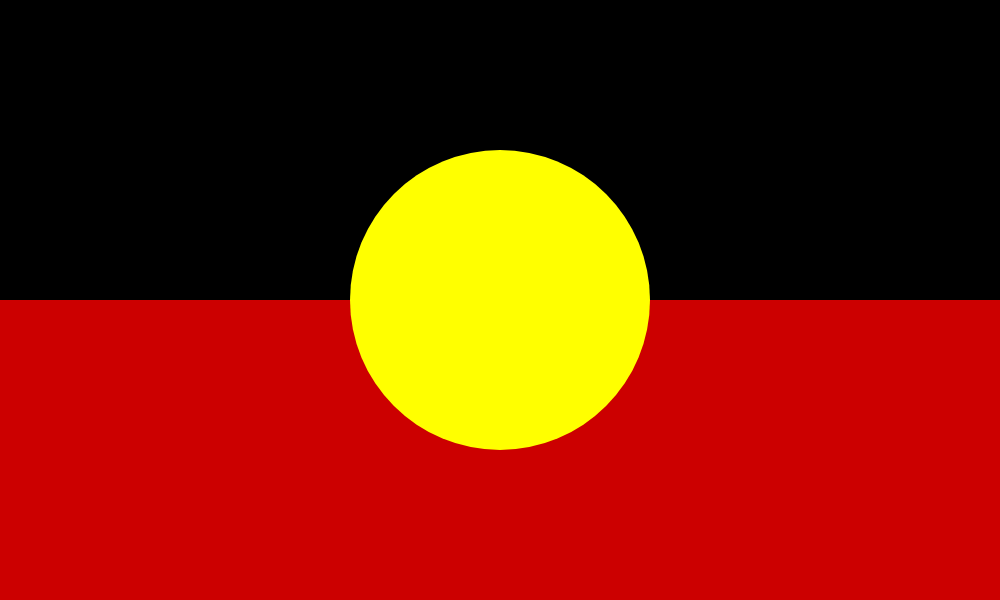(Left) Powerlines above the Columbia River move electricity from the Bonneville Dam to customers across the region in Hood River County, Oregon, on Thursday, July 25, 2024. (Right) Portrait of Farley Eaglespeaker, a member of the Nez Perce Tribe, sitting atop a fishing scaffold along the Columbia River, in Cascade Locks, Oregon on Tuesday, July 23, 2024. (Jordan Gale/Oregon Capital Chronicle)
It is a common phrase in treaties between the U.S. government and Indigenous American tribes: “Each tribe or band shall have the right to possess, occupy and use the reserve allotted to it, as long as the grass shall grow and the waters run, and the reserves shall be their own property like their horses and cattle.”
But as Angie Debo pointed out in her 1940 book “And Still the Waters Run,” grass still grows, waters still run and all the treaties have been broken by the federal government for mining, grazing, land for settlers and other reasons. Tribes are protected people under federal law even though they are sovereign nations within the United States.
Now, the Trump administration continues that federal tradition by breaking yet another treaty, this one between the feds, four Indigenous tribes and the states of Washington and Oregon. The 2023 agreement to restore fish runs is being revoked so corporations can generate electricity in the Columbia Basin. Prior to the agreement, salmon, steelhead and other native fish were being killed by hydroelectric dams along the Columbia River
For the Nez Perce Tribe, the Confederated Tribes and Bands of the Yakama Nation, the Confederated Tribes of the Umatilla Indian Reservation and the Confederated Tribes of Warm Springs this is not a minor inconvenience. Fishing – especially salmon – is a sacred right, a duty for the tribe to protect the fish which feeds the people. Removing the fish protections from the damns erases a major part of the tribe’s identity and culture.




